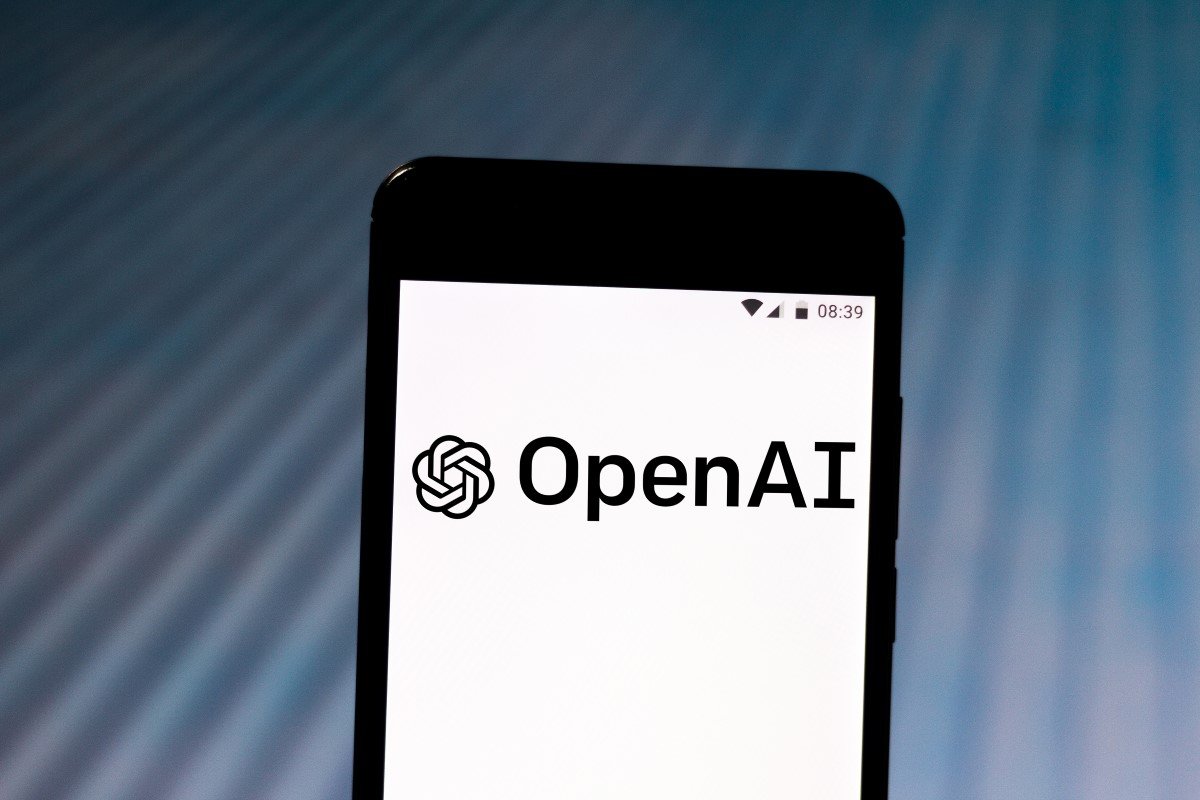Key Points
- Leon Ding, a 38-year-old software Google engineer, was arrested for stealing trade secrets.
- Charged with four counts, facing up to 10 years in prison and $1 million in fines.
- Ding allegedly uploaded over 500 confidential chip architecture and software design files.
- He held CTO positions in China-based companies while working for Google.
- The case underscores the U.S.-China technological rivalry and the importance of safeguarding AI technologies.
The Justice Department announced the arrest of Leon Ding, a software engineer at Google, on charges of stealing trade secrets. Arrested in Newark, Calif., Ding faces up to ten years in prison and a $1 million fine if convicted. His work at Google focused on supercomputing data centres, placing this case at the forefront of the AI technology race between the US and China.
Background and Alleged Misconduct: Over 500 Files Stolen
Google employed Ding in 2019, tasking him with the development of crucial AI software. Yet, starting in May 2022, he veered off course by moving sensitive data to his personal cloud account. By May 2023, he had uploaded over 500 confidential files. These files, critical to AI chip design, represent a severe violation of trust and legal standards.
Dual Roles: Exposing Tech Espionage
Unknown to Google, Ding held significant roles in two tech firms based in China, adding layers to the case. His positions as CTO and founder, while still employed by Google, shed light on the intricate nature of tech espionage and the thin line between corporate and national tech interests.
US Counteraction: The Legal Battle Intensifies
The FBI’s raid on Ding’s home and the confiscation of evidence underscore the case’s severity. Led by the Justice and Commerce Department’s Disruptive Technology Strike Force, this legal action underscores the US’s determination to combat tech theft. The government’s emphasis on protecting critical AI technology from foreign threats is clear.
The US-China AI Standoff: A Strategic Contest
This case reflects the larger tech rivalry between the US and China, with AI technology at the centre of contention. The US’s steps, like President Biden’s AI executive order, aim to maintain its AI dominance. This incident, beyond individual misconduct, symbolizes the strategic competition for technological leadership between two world powers.
Google’s immediate reporting of the incident to federal authorities underscores the corporate sector’s key role in safeguarding intellectual property. In the midst of US-China tech competition, incidents like Ding’s underscore the ongoing issues of corporate espionage, AI development, and national security, highlighting the tension between the two nations.
















